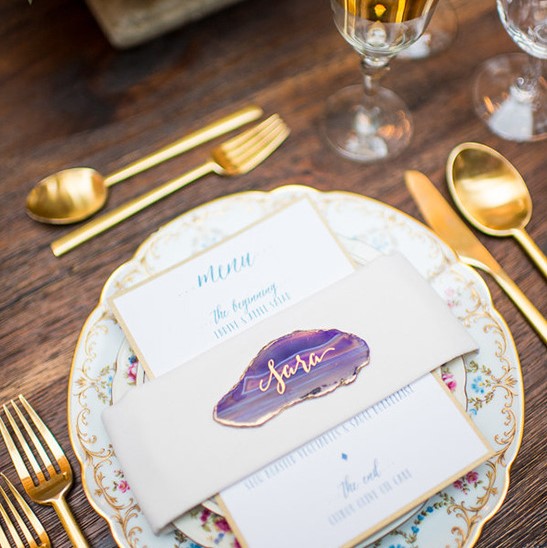The word budget pops up at every turn when you are planning a wedding, but once you are happily married and journeying into your ever-after, your finances should remain a high priority.
Success in life means different things to different people, but chances are that not having to worry or argue over money will be in everyone’s top five.
Whether budgeting for a wedding was your first crash-course in using sense with your pence, or you have been careful with your money ever since you started your first job, maintaining that level of care in your everyday life can mean the difference between financial security and living pay-to-pay.
So how do successful couples budget and curb their spending?

Budget
There’s the word again! Taking notice of what’s coming in and what’s going out, even over a period of a fortnight, is a huge wake-up call. Did you really spend 40 pounds in two weeks on coffee? It can so easily happen when daily habits become the norm and you stop thinking about it.
Before you dive into a restrictive budget, (which you should only do if absolutely necessary – you need to enjoy life too) just take notice of what your habits are right now and look at ways you can cut back.
You don’t have to immediately sacrifice big ticket items to save money, look at little things first. Making your own coffee at home and taking it in a cup to-go on your way to work could save you a lot of money per year!
When preparing a budget, make sure all of your bills and necessities like food are covered first and then decide how to divvy up what remains.
Openness about debts
Most of us are carrying around financial baggage. It could be a car loan, a university debt, or the credit card bill from your last trip to Europe. No matter what it is, you should let your partner know about it and you can navigate how to best work to get rid of it. Most successful couples have this conversation pre-wedding.
Even if you have separate accounts, it is important to have full disclosure when you are carrying debts around. It will help you to allocate sufficient money as a couple to pay them down, so you can get on with saving for the things that you want, like that awesome holiday!

Setting savings goals
Just as it was hard to wait for December 25 to roll around every year when you were a kid so you could rip into the awesomeness awaiting you under the Christmas tree, so it is when waiting to take that amazing island holiday, buy that Thermomix, or splurge on that piece of art that you can’t stop thinking about.
They say all good things come to those who wait, but you realistically cannot sit there and wait for these things to come to you – you have to save for them!
Investing
This can be a daunting prospect and there are so many different avenues you can take. Investment properties, shares, high interest, or compounding interest accounts – they all work to make your money go further.
Simply putting £25 a week into a compounding interest account can net you tens of thousands over a couple of decades, but this is a long term option and won’t get you short term gains.
It is best to seek advice from a professional if you want to go down the path of investing. Most say that the best time to invest is now, but you would want to make sure that your debts are taken care of and your mortgage if you have one, is being well managed before taking on another obligation.
Planning for retirement/super
If you are employed, your super is already accruing for you, but the rising cost of living means relying on this alone won’t guarantee you a comfortable retirement.
Yes, it is another financial commitment to make, but if you can salary sacrifice or chip some extra money from what is left over after the bills and necessities are paid, you can significantly increase the amount of money you can play with when you retire.
Think of it as long-term savings! There are schemes where the government can co-contribute to extra money that you chip in, so check with your super fund provider to find out how you can take advantage of that.

 Which bridal shoe are you?
Which bridal shoe are you?  All you need to know about anniversary milestones
All you need to know about anniversary milestones  7 place cards ideas that can also be wedding favours!
7 place cards ideas that can also be wedding favours!